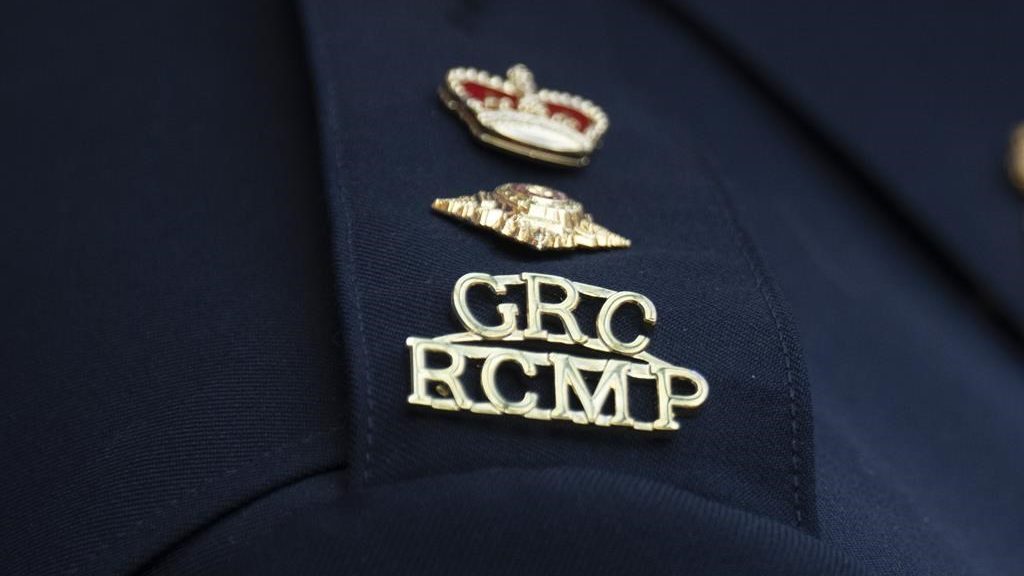Nova Scotia reports no new cases of COVID-19 for first time since March
Posted May 29, 2020 08:08:08 PM.
HALIFAX — Nova Scotia increased its social gathering limit on Friday as the province reported no new cases of COVID-19 for the first time since its initial infections were identified in mid-March.
Dr. Robert Strang, the chief medical officer of health, called the development a “significant and encouraging milestone” in a province that has seen a continuing downward trend in new cases over recent weeks.
It kept the total number of confirmed cases at 1,055, including 978 people who have recovered from the virus. Eight people are currently in hospital and three of them are in intensive care.
“It hasn’t been easy but we are seeing positive results,” said Strang.
Nova Scotia announced more details of a reopening plan set for next Friday, even as neighbouring New Brunswick put the brakes on expanding the current phase of its plan. That province is dealing with a growing cluster of new cases in the Campbellton area, allegedly caused by a health-care worker who returned from Quebec and didn’t self-isolate.
Strang was asked about what lessons Nova Scotia could take from the Campbellton outbreak.
“The message in that is really about the importance of self-isolation when you cross borders,” he said. “What it shows us is the importance of very closely monitoring our borders. We need to be very thoughtful and careful about how we lift those border restrictions.”
Premier Stephen McNeil announced a new gathering limit of 10 people effective immediately — a doubling from a limit of five that was imposed when health restrictions were put in place in late March.
Physical distancing of two metres would still be required, except among members of the same household or family “bubble.” The limit is the same indoors and outdoors, with exceptions for outdoor weddings and funeral services which can have 15 people.
Strang clarified that when it comes to weddings, that limit of 15 would have to include photographers and caterers if that’s what couples wanted in their ceremonies.
He said the gathering limit also applies to arts and culture activities such as theatre performances and dance recitals, faith gatherings, and sports and physical activity. Businesses such as theatres, concerts, festivals and sporting activities would also have to adhere to the 10-person limit.
“We are watching our epidemiology and will consider expanding the way people can have close social interaction when we see how this first stage in the reopening is going,” said Strang. “It’s very important that we don’t introduce too much risk of COVID-19 at any one time and we have the capacity to monitor the effect of any steps.”
McNeil said that private campgrounds would also be allowed to open, but would only operate at 50 per cent capacity and must ensure public health protocols are followed, including adequate distancing between campsites.
Provincial campgrounds are scheduled to open June 15 at reduced capacity to ensure a minimum of six metres between individual sites.
The latest measures came two days after McNeil announced that most businesses required to close under a public health order in late March would be allowed to open next Friday, provided they are ready with a plan that follows physical distancing protocols.
The list of businesses includes bars and restaurant dining rooms, hair salons, barber shops, gyms and yoga studios, among others.
Some health providers would also be allowed to reopen, including dentistry, optometry, chiropractic and physiotherapy offices. Veterinary services can also operate along with some unregulated professions, such as massage therapy, podiatry and naturopathy.
Earlier Friday, the province announced it would add 23 new long-term care beds because of a need resulting from some facilities slowing or stopping admissions during the pandemic.
It said it is entering into an agreement with Shannex RLC Ltd. to convert a floor at the Caritas Residence, a private assisted-living home in Bedford, N.S., into nursing home beds.
Residents would be able to move into the facility in early June and will be tested for the virus before being admitted.
According to the government, there are 132-long term care facilities in Nova Scotia.
This report by The Canadian Press was first published May 29, 2020.
Keith Doucette, The Canadian Press










